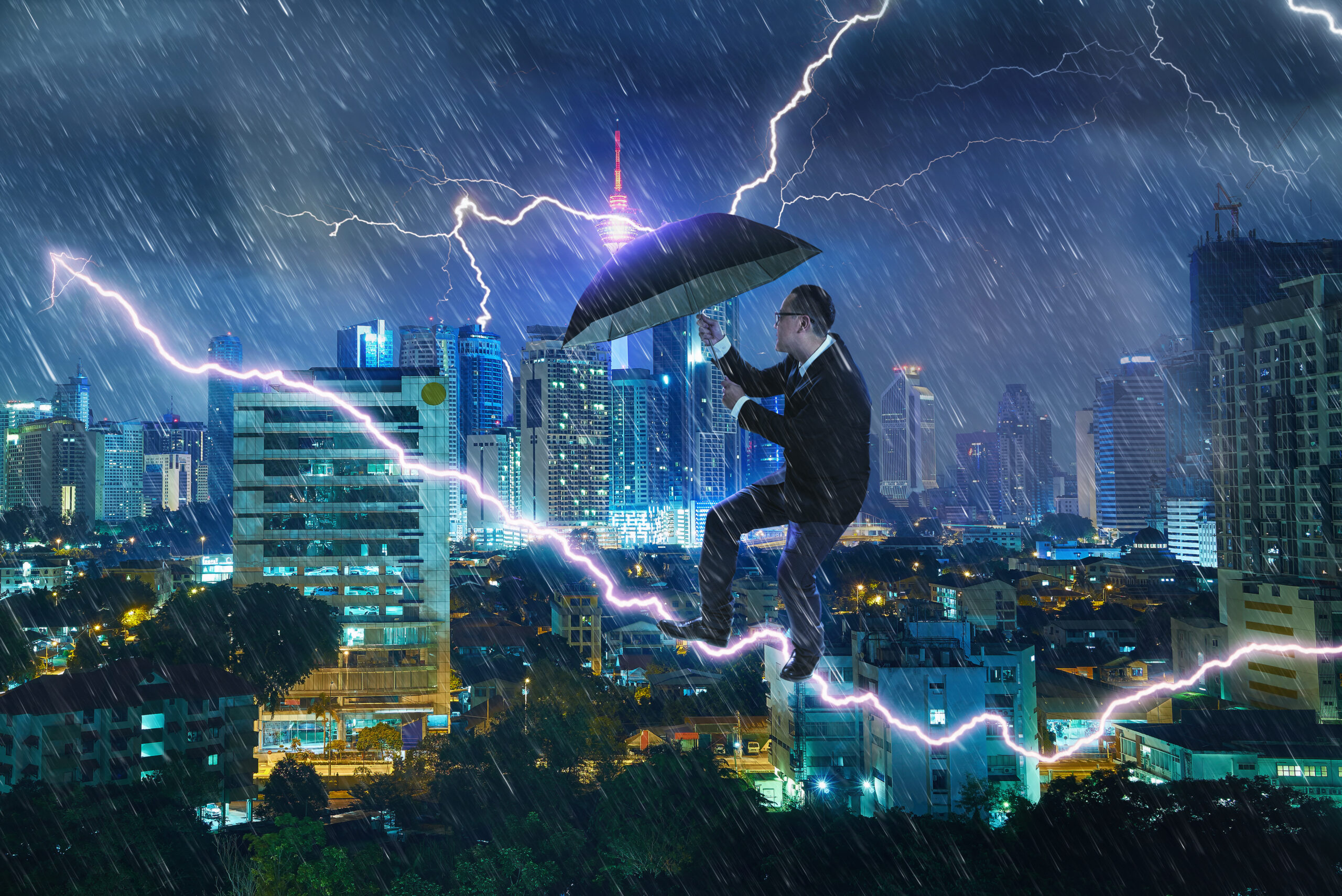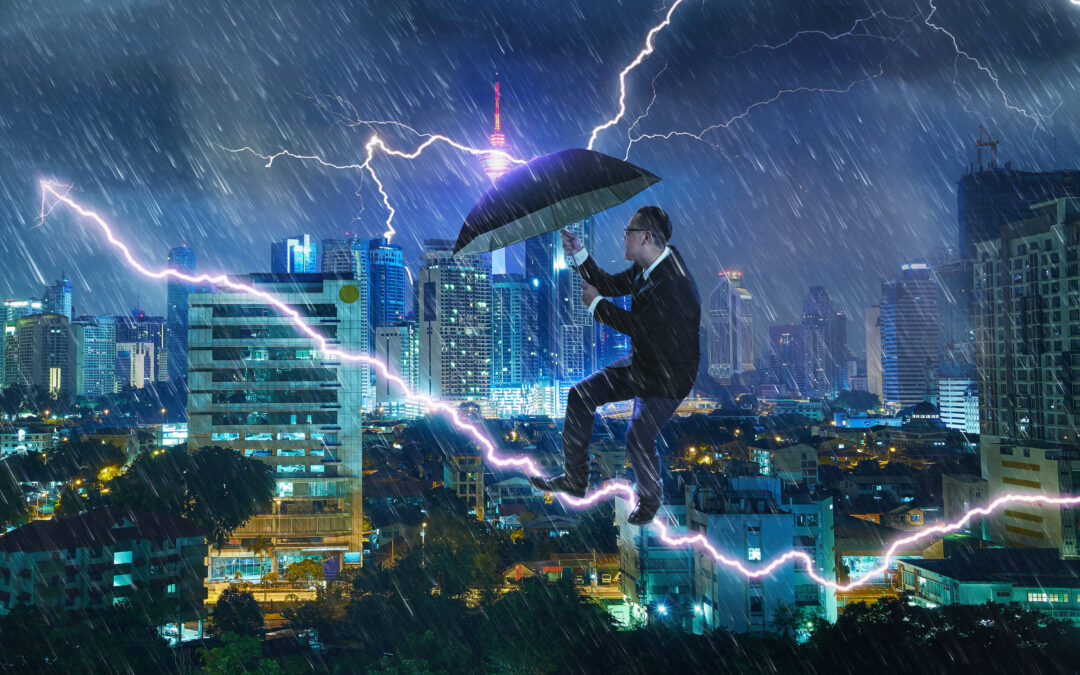Are you ready for an emergency? Whether it’s a natural disaster, such as a hurricane or earthquake, or a man-made crisis, like a terrorist attack or pandemic outbreak, being prepared can mean the difference between life and death. In this blog post, we will cover everything you need to know about emergency preparedness, including building an emergency kit, creating a communication plan, first aid training, evacuation planning, staying informed during an emergency, and more.
Introduction to Emergency Preparedness
Being prepared for an emergency starts with having a plan in place. This includes knowing what types of emergencies are most likely to occur in your area, how to respond to them, and what steps to take to keep yourself and your family safe. It’s also important to have a designated meeting spot for your family members to gather at if you get separated during an emergency.
Building an Emergency Kit
One of the most important things you can do to prepare for an emergency is to build an emergency kit. Your kit should include supplies that will help you survive for at least 72 hours without electricity or running water. Some essential items to include in your kit are non-perishable food, bottled water, flashlights, extra batteries, first aid supplies, and a portable radio.

Creating a Communication Plan
Communication is critical during an emergency, especially when cell phone service may be limited or unavailable. Create a communication plan with your family members so everyone knows who to call and how to reach each other in case of an emergency. Consider investing in a prepaid cellphone or walkie-talkies to use during emergencies.
Importance of First Aid Training
First aid training is crucial in any emergency situation. Learning basic first aid skills, such as CPR and wound care, could save someone’s life. Take a first aid course through your local Red Cross chapter or online to learn these lifesaving techniques.
Evacuation Planning and Practice
If you live in an area prone to natural disasters, such as floods or wildfires, it’s essential to have an evacuation plan in place. Identify several routes to safety and practice them regularly. Make sure you have a go-bag packed with essentials, such as medications, identification documents, and cash, readily available in case you need to leave quickly.
Staying Informed During an Emergency
During an emergency, it’s vital to stay informed about the latest developments. Keep a battery-powered weather radio on hand to listen to updates from local authorities. You can also sign up for alerts from your community’s emergency management agency or download emergency response apps to your smartphone.
Conclusion
In summary, emergency preparedness is critical to keeping you and your loved ones safe during times of crisis. By following our tips, you can ensure that you are fully equipped to handle whatever comes your way. Remember to always stay informed, have a plan in place, and be proactive in preparing for potential emergencies.




